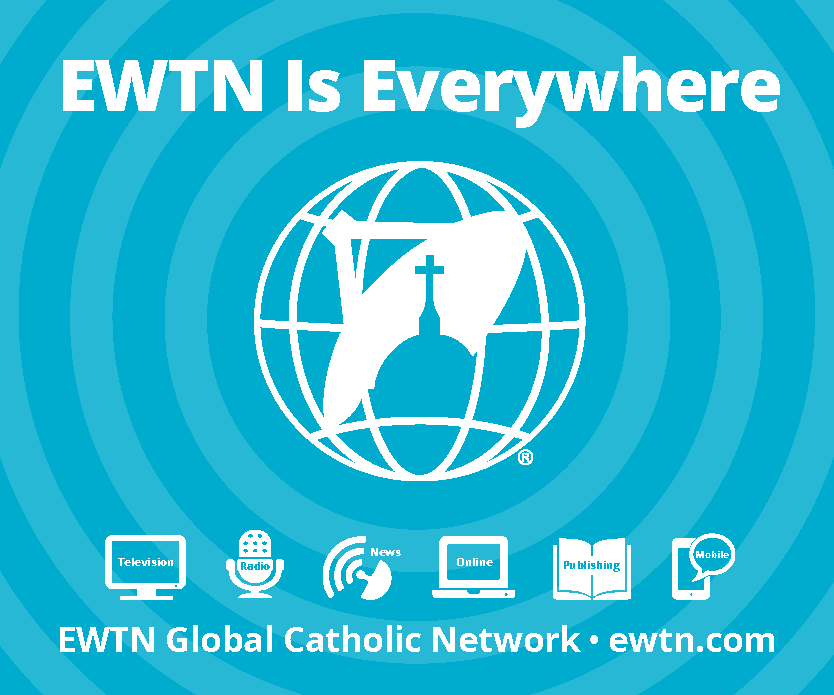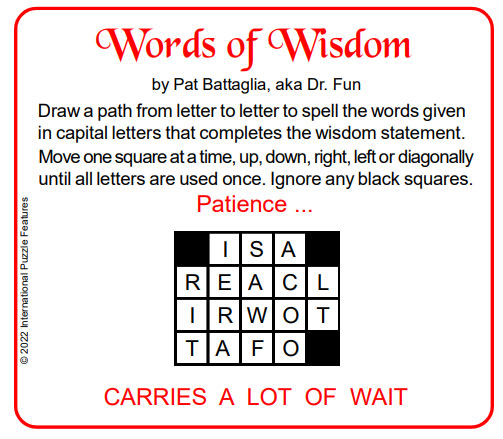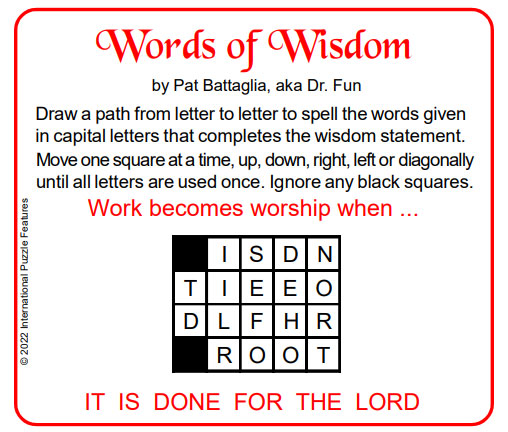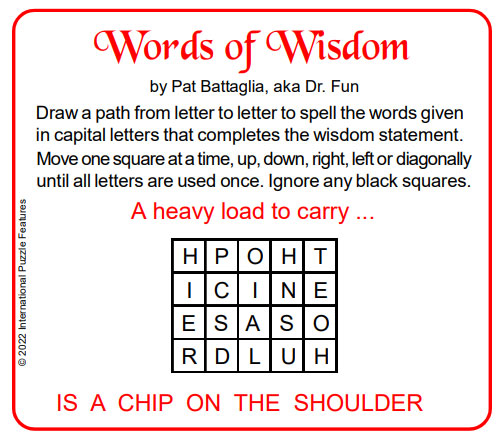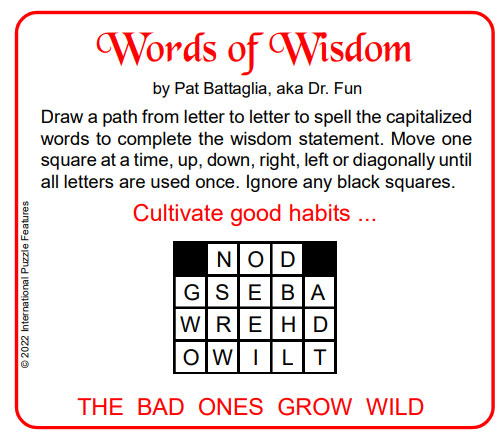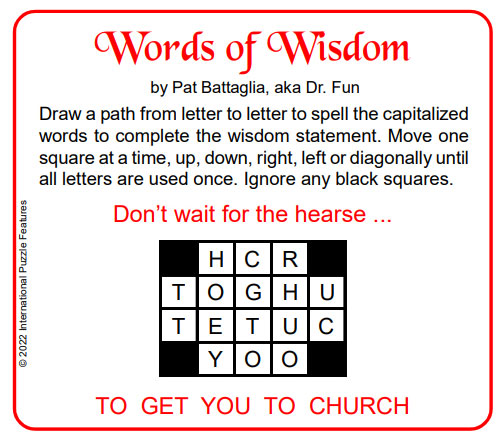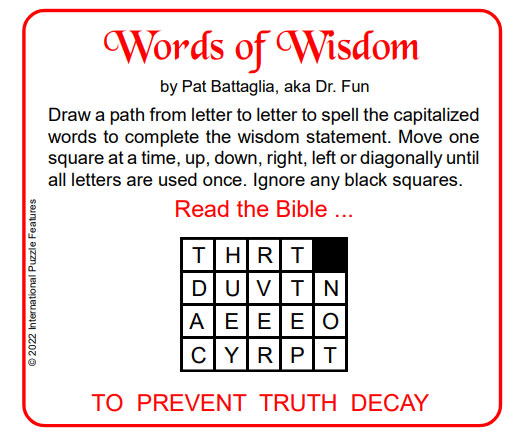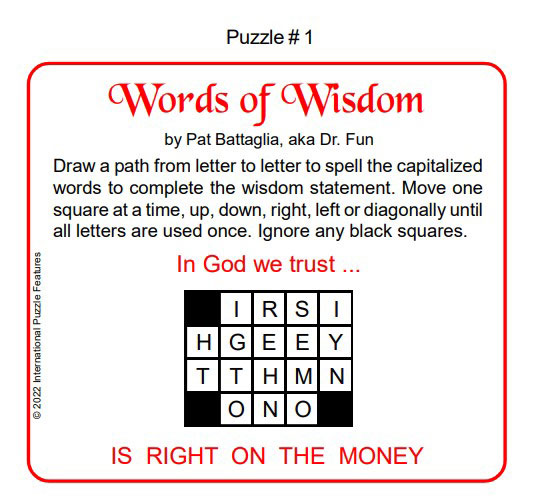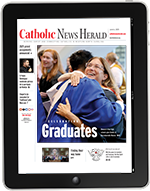Letters From Our Readers
-
Hickory woman embodied Mother Teresa’s quote
The quote “If you want world peace, then go home and love your family,” is often attributed to Mother Teresa, and no one embodied a love of family...
-
‘Reclaiming History’ is good reminder for us all
In the Catholic News Herald’s July 12 cover story, “Reclaiming History,” celebrating Our Lady of Consolation Parish’s efforts to preserve a beloved...
-
We need Divine Mercy for a world at war
As the Catholic News Herald cover wars in Ukraine, Israel and elsewhere, mankind continues to seek peace without success. Perhaps we need to return...
-
Overcoming the sin of acedia
Pope Francis’s discussion about “acedia” (the sin of “lack of care”) must be a call for all Catholics to help those in this rut. Assertively...
-
‘We are one Church, part of one America’
The sociologist and columnist Father Andrew Greeley often remarked that the successes of immigrant families in the 20th century were due to the many free...
-
Señor de los Milagros recibió homenaje de comunidad migrante
-
Follow Mother Teresa’s legacy of helping others
Mother Teresa reminded us, “Do not wait for leaders. Do it alone. Person to person.” We may continue her legacy by sponsoring a child or family in...
Viewpoints
Father Benjamin A. Roberts: From comfort to calling: The Spirit sends us out
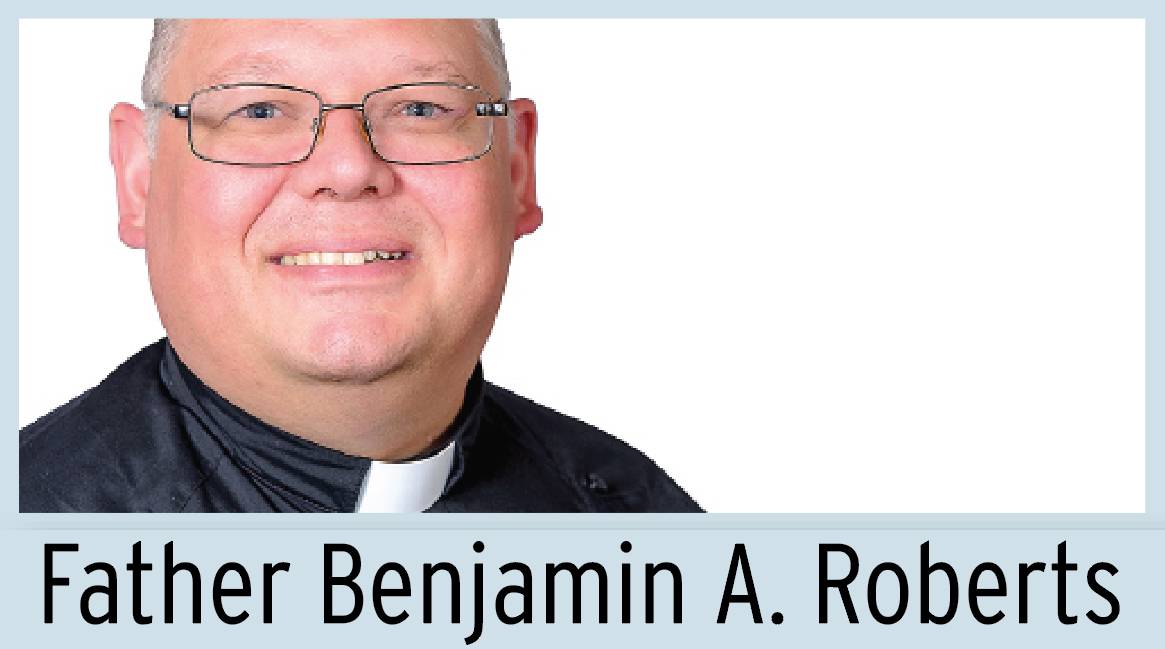 About five months ago, we were gathered together at Bethlehem. We were there on the night that the Lord Jesus was born. We saw the manger. We saw the shepherds. We heard the angels and we saw Our Lady and St. Joseph, and we beheld the face of the invisible God in the face of a baby.
About five months ago, we were gathered together at Bethlehem. We were there on the night that the Lord Jesus was born. We saw the manger. We saw the shepherds. We heard the angels and we saw Our Lady and St. Joseph, and we beheld the face of the invisible God in the face of a baby.
Kathryn Evans Heim: The Holy Spirit has the power to transform
 Pentecost is one of my favorite celebrations in the Church because it is a scene of such great triumph and transformation, which continues to this very day.
Pentecost is one of my favorite celebrations in the Church because it is a scene of such great triumph and transformation, which continues to this very day.
Deacon Greg Kandra: The Good News transcends all barriers
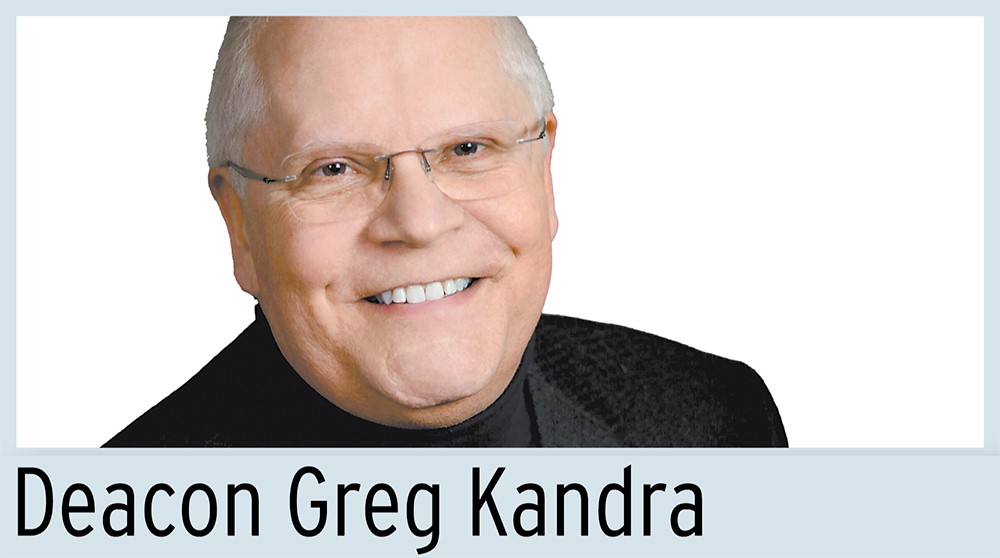 We all heard it when we were kids, that dire warning: “Don’t play with fire!” “Stay away from the stove, it’s hot!”
We all heard it when we were kids, that dire warning: “Don’t play with fire!” “Stay away from the stove, it’s hot!”
On Pentecost Sunday, though, that goes out the window. As we see in the Gospel reading for this Sunday (John 20:19-23), the apostles start to play with fire – those tongues of flame that come to rest above them – and the rest is history. It is a history that affects every believing Christian, and it is a history that is still unfolding.
Father Steve Grunow: We can participate in Pentecost at every Mass
 When the disciples of the Lord Jesus gathered for the celebration of Pentecost after His resurrection, the Holy Spirit was revealed in an extraordinary way. The disciples were transformed, changed forever – a transformation manifested in signs and wonders.
When the disciples of the Lord Jesus gathered for the celebration of Pentecost after His resurrection, the Holy Spirit was revealed in an extraordinary way. The disciples were transformed, changed forever – a transformation manifested in signs and wonders.
On the road with Bishop Martin
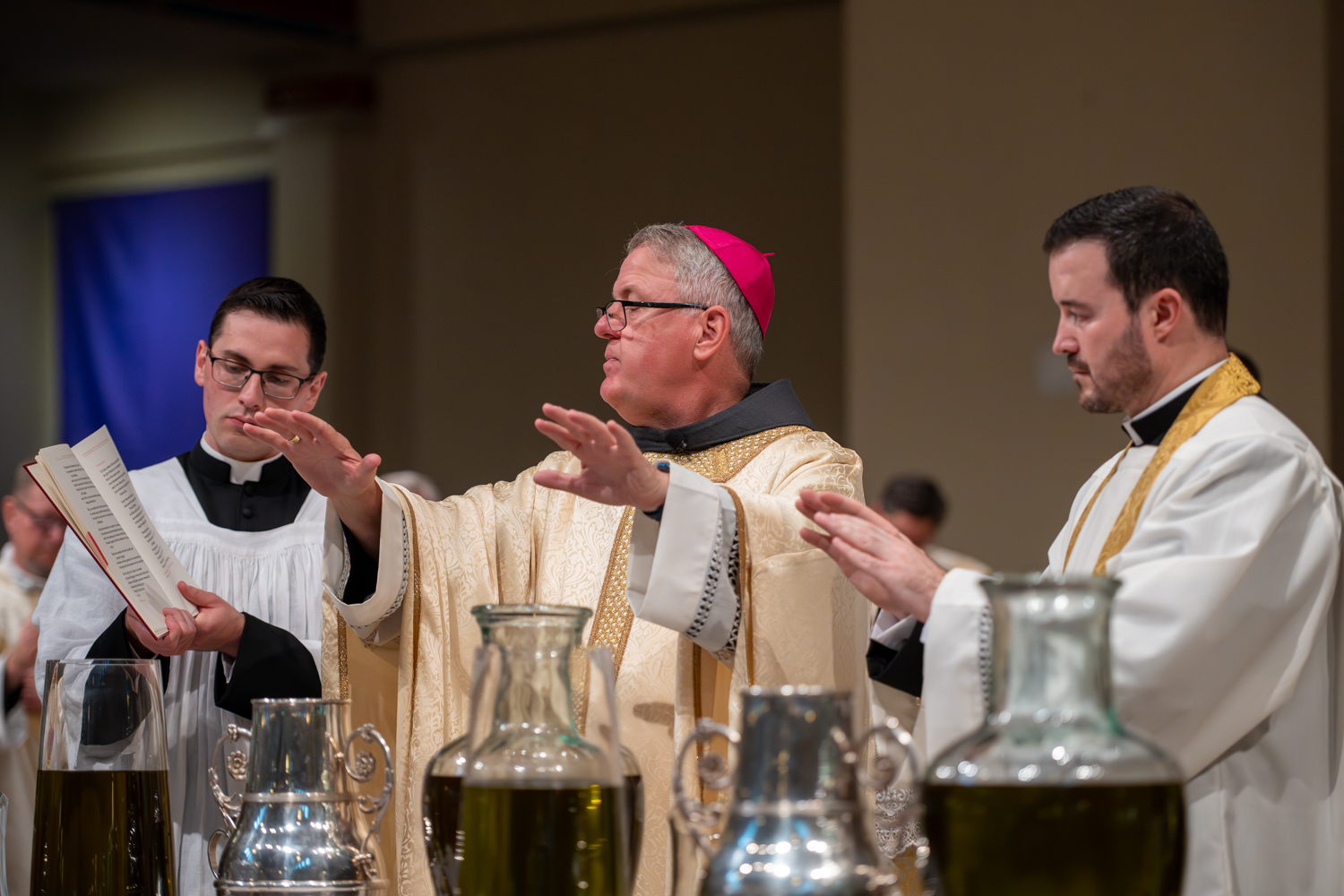 This is not what I wanted!
This is not what I wanted!
It has been a year since I received a call from Bishop Michael Martin asking me to serve as his priest secretary, and in one sentence I can say that I am happy where I am because this is where God wants me to be.
Forcing clergy to break the seal of confession harms victims
![]() The seal of the confessional is one of the first things Catholic children learn as they are preparing for their first confession. At first, it comes as a shock to many children, prompting questions to test the limits of total confidentiality: What if I said I killed someone? Father won’t even tell my parents?
The seal of the confessional is one of the first things Catholic children learn as they are preparing for their first confession. At first, it comes as a shock to many children, prompting questions to test the limits of total confidentiality: What if I said I killed someone? Father won’t even tell my parents?
Brian Pusateri: Tripping over the final hurdle
 In your mind, try to picture a participant in a track meet running the high hurdles. He is winning as he approaches the final hurdle. Suddenly there’s a painful fall. He trips on the last hurdle and falls flat on his face just before the finish line. The pain and embarrassment of his fall are oddly familiar to how we as Christians feel when we trip and fall.
In your mind, try to picture a participant in a track meet running the high hurdles. He is winning as he approaches the final hurdle. Suddenly there’s a painful fall. He trips on the last hurdle and falls flat on his face just before the finish line. The pain and embarrassment of his fall are oddly familiar to how we as Christians feel when we trip and fall.
Charlie Camosy: Pope’s choice of name puts new focus on challenges posed by AI
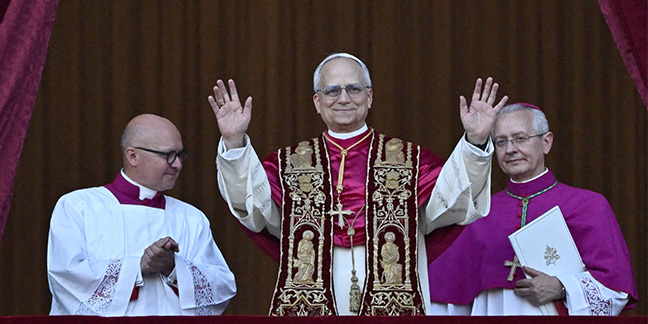 In his homily to the College of Cardinals May 10, Pope Leo XIV said he had chosen his name partly because, just as Pope Leo XIII addressed “the social question in the context of the first great industrial revolution,” today “the Church offers to everyone the treasury of her social teaching in response to another industrial revolution and to developments in the field of artificial intelligence that pose new challenges for the defense of human dignity, justice and labor.”
In his homily to the College of Cardinals May 10, Pope Leo XIV said he had chosen his name partly because, just as Pope Leo XIII addressed “the social question in the context of the first great industrial revolution,” today “the Church offers to everyone the treasury of her social teaching in response to another industrial revolution and to developments in the field of artificial intelligence that pose new challenges for the defense of human dignity, justice and labor.”


